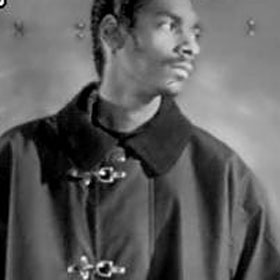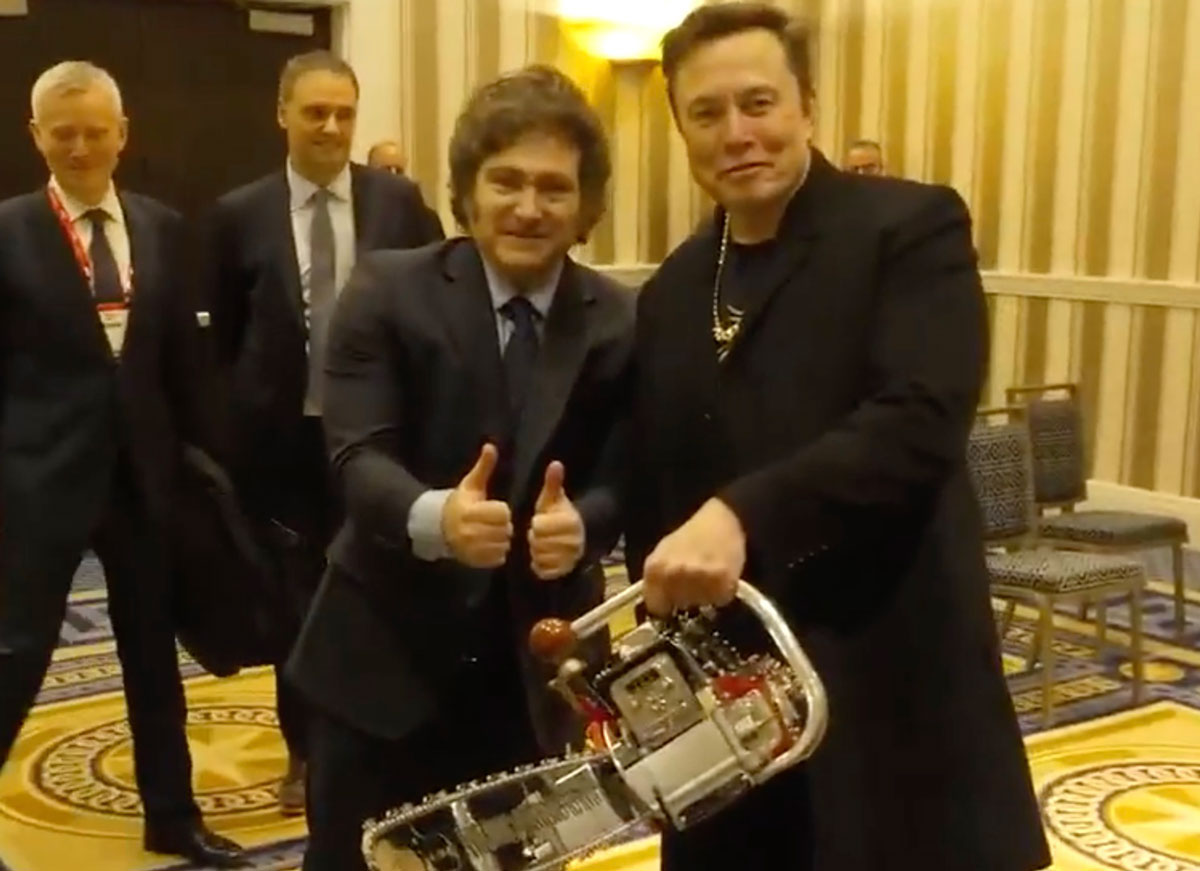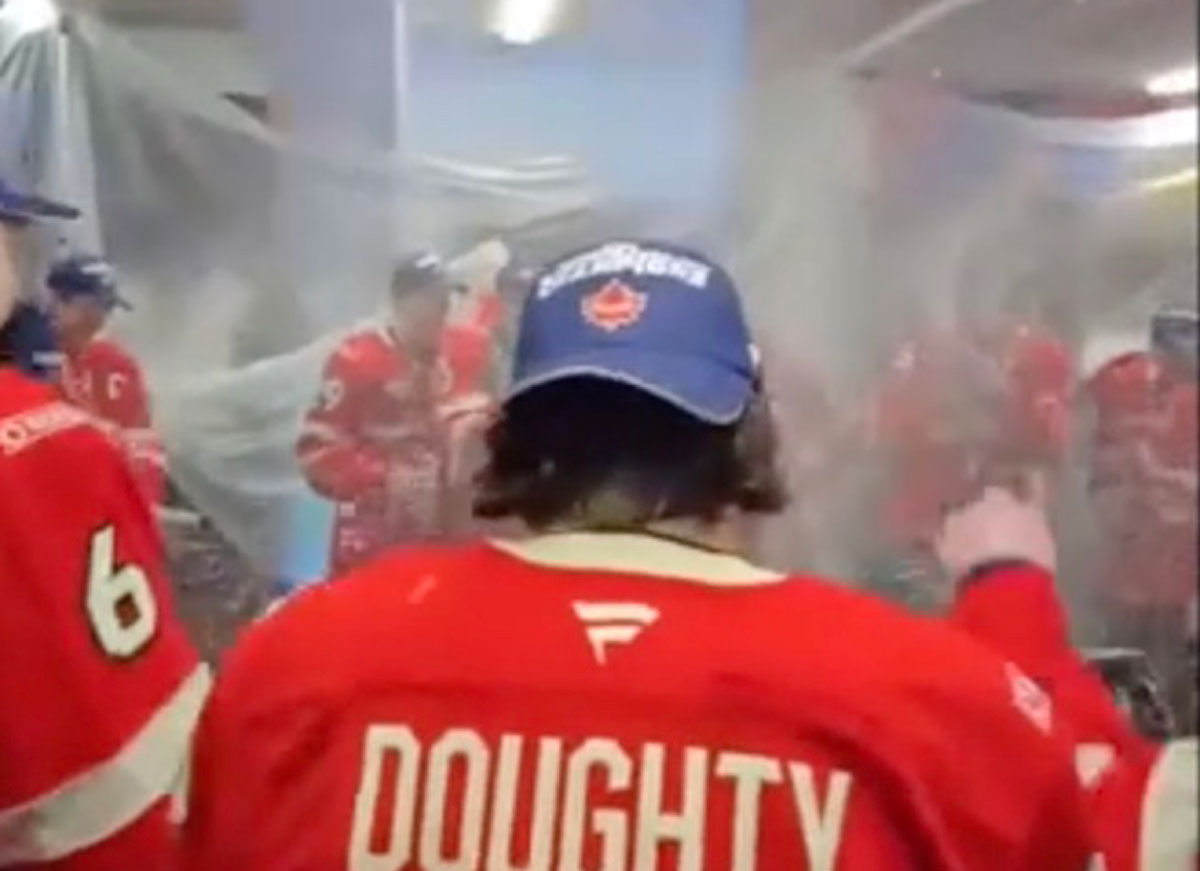Doggumentary by Snoop Dogg

3.5/5
Ever the rap equivalent of David Bowie, Snoop Dogg has learned to adapt to the changing tides of popular music, reinventing his musical aesthetic every few years while still retaining the lackadaisical smoked-out drawl that has become his trademark—the ongoing debate as to whether Snoop Dogg is a great rapper is comparable to that of whether Ringo Starr was a great drummer: in theory no, in application indubitably—mostly succeeding in his efforts and very rarely releasing all-bad albums. After following up the monolithic Chronic—to be fair it was 50 percent his anyway—and the arguably even better Doggystyle with the then-forgettable/now-forgotten Tha Doggfather, and temporarily jumping on Master P's now defunct and in retrospect slightly faddish No Limit bandwagon for his second and third releases, the former Doggy Dogg kicked off the new millenium with another small-scale masterpiece, Tha Last Meal. The ensuing decade would prove to be his most prolific and artistically successful, with Snoop producing one variously critically acclaimed album every other year on average.
His first release of the new decade, Doggumentary, commences with "Toyz N Da Hood," a P-Funk- (or P-Funk by way of G-Funk)-inspired intro featuring some classic Bootsy Collins gibberish and singing: an overture suggesting a revision of the now long dead stylings of nineties West Coast hip-hop. Appropriately, considering the song's title and the style of the album's overture, first track proper "The Way Life Used to Be" is a surprisingly low-budget big-budget rap album opener strongly invoking the mid to late nineties G-Funk sound and featuring a handful of Snoop's signature "what"s but, uncharacteristically, a muscular, possibly even bookwormy verse finding the Dogg playing around with unorthodox rhyme schemes. Taking it even further back are "My Own Way" and the surprisingly positive, upbeat "Wonder What I Do," the former of which concerns a smooth Curtis Mayfield-esque chorus vocal from Mr. Porter and an instrumental track invoking Mayfield's Superfly-era sound; though the latter's overused Zapp sample and Jeffersons references may be pushing it a little.
Though it will probably be misunderstood, "My F**kin' House" is a demented masterpiece: genuinely unnerving, jumpy and weird weird weird: a cacophonous assault on every sense and a few more, crawling with horrorcore tropes and creepy sfx; guest performer Young Jeezy delivers a crazy-by-his-own-standards, bloodcurdling bark of a verse, as does E-40, though his is uncharactistically untechnical. Unfortunately this gives way to the sleepy "Peer Pressure," but Snoop wins us back with "I Don't Need No Bitch," an emotional stirring song-against-monogamy—or at least against that involving "bitches"—which, despite the incongruity of mood and content, somehow makes perfect sense. Though "Platinum," featuring R. Kelly, is another dip in quality: a fairly uninteresting beat and another rueful rap and some possibly serenaded-out singing from "the masked one."
Though it features a tasteful slowed down Yaz sample ("Situation") and a blinding verse from Snoop (on a short list for best ever) the largely good "Boom" loses some of its thunder due to the presence of T-Pain: the entire affair invokes an image of Snoop sitting in a control room feigning amusement, thinking "so this is what's 'hot' now," later switching out "now" for "two years ago," sighing, listening to some of his old records and thinking "yeah, I deserve better than this." "We Rest in Cali" is textbook passable but without any real substance—enough about Roger Troutman already; doesn't Snoop know that manually controlled vocoders are "out" and now there's just some app that does it for you so you can get back to posing for pictures?
The vaguely Neptunian "El Lay" has that going for it; with its seemingly live instrumentation "Gangbang Rookie" invokes funk-rock and makes effective use of a theremin and further impresses that, lyrically speaking, Doggumentary's Snoop is a revivified, hypercharged machine delivering some of the most vivid, complex and interesting rhymes of his career. "The Weed Iz Mine" is a cut above standard filler fare, recalling the Isley Brothers and P-Funk and featuring one of the album's best verses after "Boom." As sad as it is to hear autotune-Snoop, "Wet" is of interest as one of the album's weirdest and most atmospheric tracks. "Take U Home" features George Clinton soundalike KoKane and Snoop's spiritual uncle Too $hort but is ultimately forgettable plastic funk.
"Sumthin Like This Night" is (or should be) of interest as it features Gorillaz (i.e. Damon Albarn): less collaboratory than a weak Gorillaz track. What follows is another quirky collabo in the entirely acoustic "Superman" featuring Willie Nelson and some charmingly weak singing from Snoop: surely the more successful of the two, succeeding on the sheer novelty of the Godfather of r-rated country (rap's distant relative) meeting the Doggfather. Kanye West's contribution "Eyez Closed" (featuring West and John Legend) sounds like a MBDTF outtake that should have made the cut: with its idiosyncratically uneven mixing, lo-fi-meets-hi-fi production values and dense layers of swirling spectral guitar samples, without a doubt one of the album's best tracks (if it does belong on that already hallowed album in place of "Hell of a Life.") Rounding out the set are three short songs: the spry, sparse but energetic "Raised in Da Hood"; the overly busy and detailed to the point of distracting and then boring "It's D Only Thang" and the forgettable blaxploitation-fest "Cold Game"—all in all, surprisingly consistent for an eighty minute album.
RELATED ARTICLES
Get the most-revealing celebrity conversations with the uInterview podcast!





Leave a comment